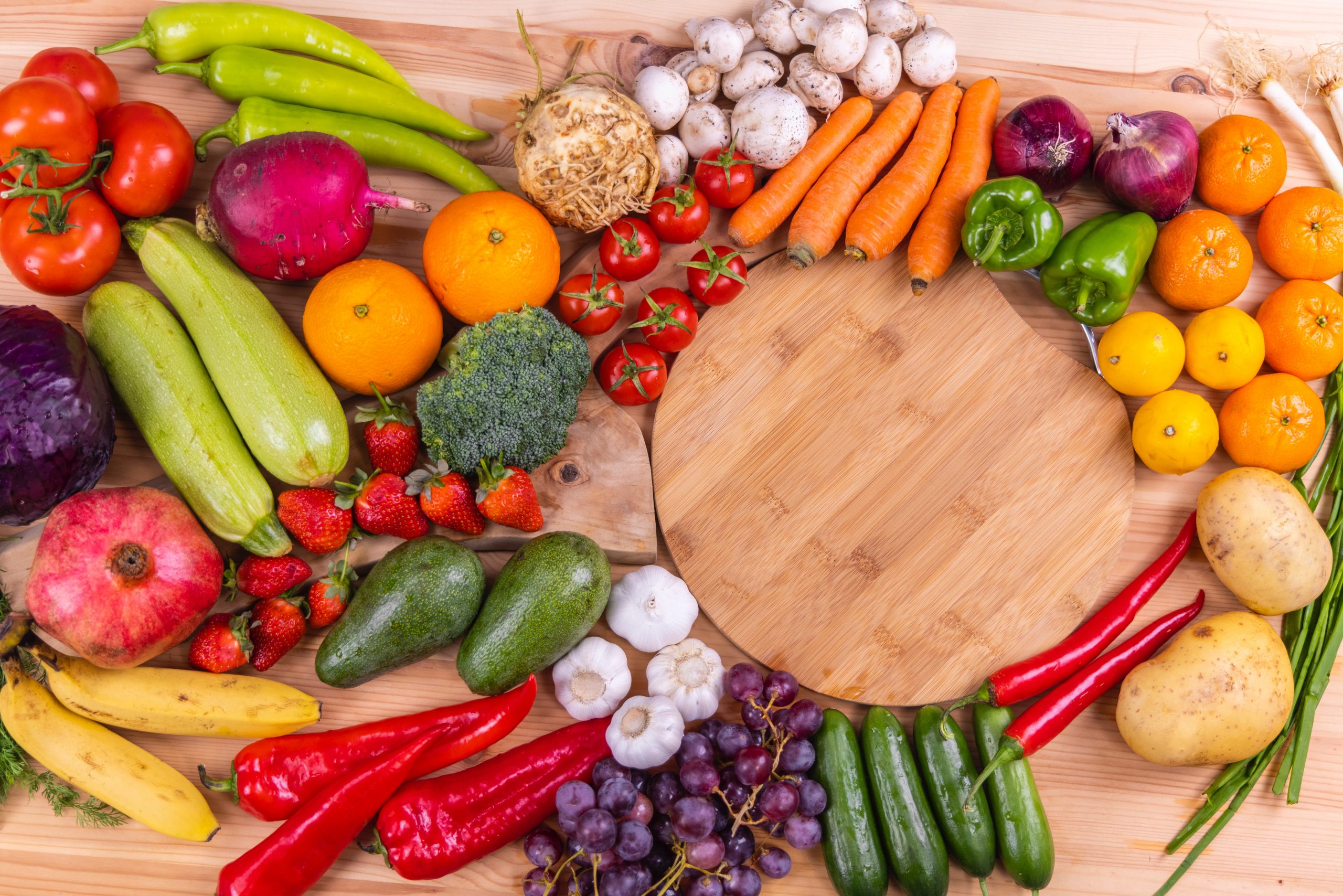Data from a Canadian population health study confirms the association between diet and colon cancers.
Eating a diet rich in fruit, vegetables and other healthy foods could cut men’s risk of colon cancers in half, according to a new study based on Canadian data.
In the study, published in Cancer Epidemiology, researchers from OICR and the Albert Einstein College of Medicine in New York looked at data from the Canadian Study of Diet, Lifestyle and Health, a cohort of 73,000 Canadian residents recruited in the 1990s and followed for up to 18 years.
They found that men who scored in the highest category on the Healthy Eating Index were 56 percent less likely to develop colon cancer compared to those who scored in the lowest category. No significant link was found between healthy eating and colon cancers in women.
Study author Dr. Victoria Kirsh says the findings corroborate earlier studies linking healthy eating patterns to a decreased risk of colorectal cancer and point to action that people can take to reduce their risk of cancer.

“Diet is a modifiable risk factor – it’s something people have control over,” says Kirsh, one of the study’s three authors and Scientific Associate at the Ontario Health Study (OHS), which is hosted by OICR. “Our research shows that changing your diet is something you can do to protect yourself from colorectal cancers, which are among the leading causes of cancer death in Canada.”
Kirsh says this is one of just a few studies to look at the impact of dietary patterns and risk of colorectal cancer among Canadians. To measure diet, researchers used the Healthy Eating Index, which scores people from zero to 100 based on their intake of a range of healthy and unhealthy foods.
Kirsh and colleagues dug deeper into the numbers, looking at how diet might impact the risk of specific types of colorectal cancer. They found that men who scored in the highest quintile on the Healthy Diet Index were 74 per cent less likely to develop cancers of the proximal colon, which includes the first two sections of the large intestine.
Researchers also looked at how other risk factors for cancer might influence the link between diet and colorectal cancers. Data showed that a healthy diet had the greatest impact among non-smokers, non-drinkers and people with normal or above average body mass index.
As Scientific Associate at OHS, Kirsh hopes to further investigate the links between diet and cancer within the OHS cohort of 225,000 participants. Though the OHS doesn’t currently have extensive data about participants’ diets, she says the study is exploring the potential of collecting dietary information.
“That could present some really exciting opportunities, including identifying genetic variants that modify the association between diet and disease risk,” Kirsh says.
For now, she says that people should use studies like this one to make informed choices about their diet, especially with rates of colorectal cancer rising among young people.
“Our study reinforces the importance of eating a diet high in fruits, vegetables, dairy products, whole grains, and seafood and plant proteins and low in saturated fats and added sugars,” Kirsh says.

